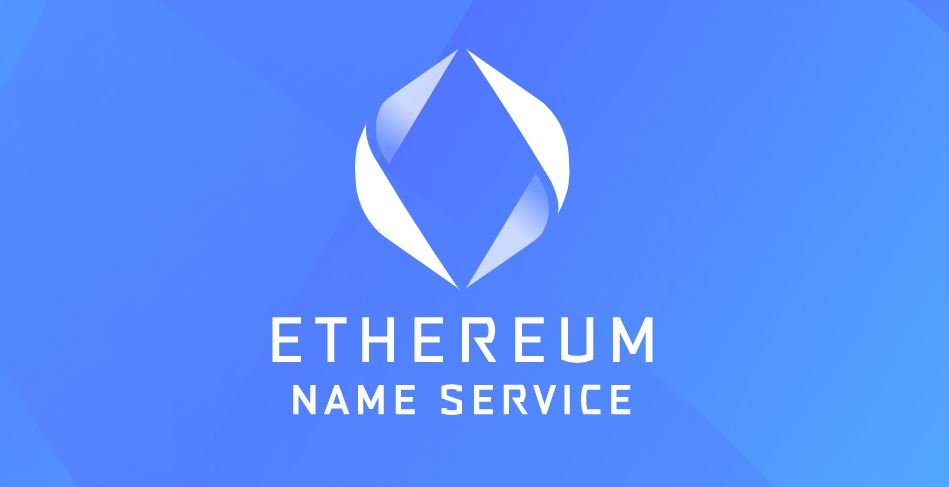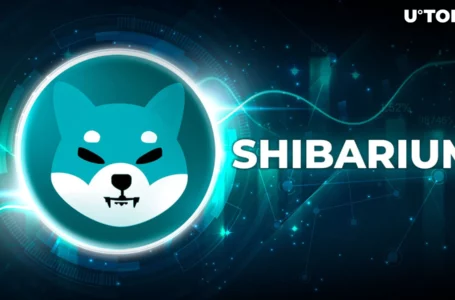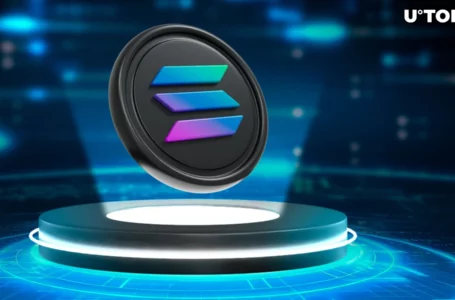
What is Ethereum Name Service (ENS)?
ENS is an open-source, decentralized internet naming protocol created and launched by New Zealander software engineer Nick Johnson in May 2017. It is similar to the internet DNS (Domain Name System) and operates as a set of smart contracts on the Ethereum blockchain. ENS translates computer identifiers such as Ethereum and other cryptocurrency addresses, content hashes and metadata into human-readable names. Like DNS, it works on a system of dot-separated hierarchical names called domains, with the owner of a domain having complete control over subdomains.
ENS can be regarded as a nickname generator for public Ethereum addresses, aiming to make crypto more accessible and less confusing, especially for the beginner. No more copying and pasting long addresses to access crypto services — instead, users can employ one unique Ethereum username that is interoperable across all blockchains and decentralized apps (DApps), serves all addresses and can send and receive all cryptocurrencies, NFTs or tokens.
The natural suffix for ENS is .ETH, which provides the comprehensive security benefits of being blockchain-native. The unreadable string of keys for each crypto address which might look like “0xDC38Ec3E6B8B226768248G4JDA41278JKQ9H718A” (the equivalent of an IBAN), gets replaced by a single ENS domain, like “Alice.eth,” where you can receive any kind of cryptocurrency and NFTs. While ENS and DNS are similar by concept, the structure is different and made by three main components in the ENS:
- The registry, a smart contract that stores all names, subdomains and who owns them.
- The registrars, a smart contract that owns a domain and releases subdomains to users who meet the smart contract criteria; for instance, alice.eth can claim a subdomain for pay.alice.eth and can configure it as she wishes.
- The resolvers, a smart contract that stores and serves records upon request. They are responsible for the actual process of translating names into addresses.
The cost to register a “.eth” domain is currently defined as follows:
- $5 in ETH per year, for five+ character .eth names;
- $160 in ETH per year, for four-character .eth names;
- $640 in ETH per year, for three-character .eth names.
The three- and four-character names have higher prices because they’re more scarce. You can also buy a popular ENS domain name for tens of thousands of dollars in an auction.
ENS Use Cases
Cryptocurrency Wallets
The most common use for ENS is storing cryptocurrencies in wallets and exchanging them. Buying, selling, sending and receiving cryptocurrencies can all be done using an ENS.
ENS supports the addresses of any cryptocurrency or blockchain: you can see the full list here.
Decentralized Web
It’s possible to launch censorship-resistant decentralized websites with ENS. It’s as easy as uploading a website to an IPFS (InterPlanetary File System) and accessing it with an ENS name.
ENS-IPFS websites are supported by Brave, Opera, MetaMask and Status, among others. In browsers without native support for ENS-IPFS websites, users may affix “.link” to their .eth website name via a system called EthDNS.
In 2019, ENS added support for decentralized websites based on IPFS and Swarm networks. The same year, it added support for Tor .onion and multi-coin addresses to allow users to store any cryptocurrency address in their name’s records.
Identity
All sorts of personal information like an email address or an avatar can be attached to an ENS username. This means that ENS-enabled usernames may become our primary digital identity on the web.
ENS Criticism
A substantial privacy issue has been detected in ENS, as it can reveal crypto wallet balances and movements. It’s possible to identify high-profile people even if they’re not using their real names just by looking at the blockchain open ledger records. A resurrected tweet by the ENS project director Brantly Millegan recently sparked significant controversy around ENS. In 2016, he was tweeted that “homosexual acts are evil. Transgenderism doesn’t exist. Abortion is murder. Contraception is a perversion. So is masturbation and porn.” The ENS community, for the most part, was against the controversial post and regarded it as “unacceptable” and the antithesis of all values contained in the Web3 culture.
A few days after the tweet resurfaced, Millegan was voted out of his position as a community steward.
The ENS Token
The ENS TOKEN is an ERC-20 token standard used for token delegation for its DAO and the governance of the ENS protocol’s key components like .eth pricing, the price oracle, etc. Early adopters of the Ethereum name service protocol could claim their ENS tokens through the official website. Anyone else can buy the token via a few exchanges like Binance, Uniswap, Sushi, OKEx, to name a few.
ENS Funding
The projects had no VC investors. However, the protocol has received financial support from the Ethereum Foundation, Binance, Ethereum Classic Labs and Protocol Labs.


















